Economy of Scale – A Key Concept for Chemical Processing
Economy of Scale is a fundamental “law” of chemical process economics. The idea is straightforward; a larger process plant is always more profitable than a smaller plant, all other factors being equal. The reason is that most of the plant’s fixed costs are approximately the same whether large or small, but the variable costs are inversely proportional to the plant’s production scale. Moreover there is a capital cost advantage on a unit production basis for larger facilities.
“Throughput” is term used in industry, which characterizes the amount of product made or feedstock converted. For example, an oil refinery converts crude oil into an array of refined products such as gasoline, jet fuel, diesel fuel, marine fuel, and basic chemicals. Crude oil is a concentrated source of hydrocarbon molecules, and is a liquid which can be pumped continuously through large pipes and vessels in the facility resulting in enormous production volumes. Combining high volume throughput with low but acceptable profit margin results in large revenue generation. Refineries and chemical plants have historically pursued economy of scale, often resulting in the closure of smaller less-profitable plants when newer and larger plants come on stream.
StartCo’s emerging process technology has a difficult time competing with incumbent technologies because it is quite difficult for a new technology to reach the production scale needed to compete directly with existing petroleum-based manufacture. The dilemma for new technology is how to get to a large industrial scale of manufacture for cost competitive reasons, while the technology itself is not yet “proven” at large scale. Both technology and financial risks are high and investors are hesitant to back these projects. This dilemma not only affects small start-up companies such as StartCo, but also the world’s largest oil and chemical corporations who have also developed novel technology in their R&D facilities but find it difficult to commercialize the process because of these risks. Often government subsidies of product prices are needed to help assure profitable production to hopefully “jump-start” new technology implementation. An example of this is ethanol for gasoline, and the continuing effort to develop cellulosic-based routes to useful products.
ChemTero’s experts have significant experience assessing the economy of scale challenge for new process and product technologies and can help customers characterize the size and complexity of the challenge, reduce scale-up technology and process economic risks, and advise investors, management, and technical teams on strategies and methods to achieve successful outcomes.







